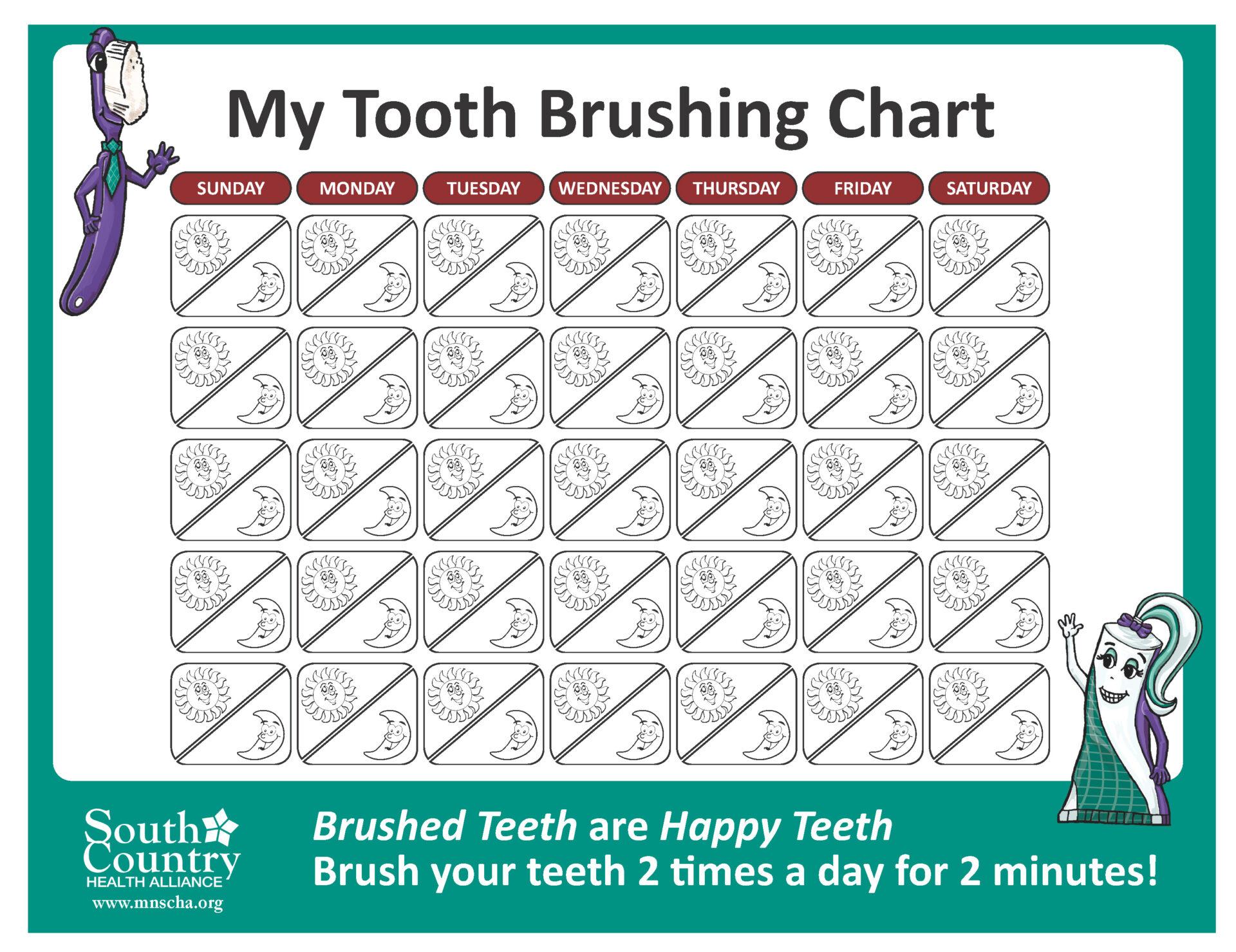South Country wants you to be as healthy as possible. Oral health and dental care are vital to achieving your best health.
Dental Appointment Scheduling Assistance
Do you need help finding a dentist or scheduling a dental appointment?
Call us at 1-866-398-9419 (TTY users call 711). Our team can help you find a dental provider near you, including general dentists, oral surgeons or orthodontists.
You may also reach out to your care coordinator or Community Care Connector (Community Care Connectors – South Country Health Alliance) for personalized assistance.
More about oral health for every stage of life
Pregnancy
Dental care during pregnancy is safe and very important because pregnancy can affect the mouth in many ways:
- Hormone changes can affect your gums. Examples are bleeding, swelling, tenderness and sometimes overgrowth of gum tissue.
- Pregnant women have a greater chance of cavities due to morning sickness and changes to diet and home care.
- Poor oral health has been linked to premature birth, gestational diabetes, and preeclampsia.
Useful resources:
Babies and Toddlers
- Baby teeth should be cared for because they help children chew, speak and smile.
- Babies should have their first dental checkup after the first tooth comes in or no later than the first birthday.
- At dental checkups, besides checking for cavities or other problems, you will learn tips on how to clean your child’s teeth at home and dealing with habits such as thumb sucking.
- Since baby teeth hold space for permanent teeth, if they are lost too early it can cause crowding or crooked teeth.
- Do not share spoons or forks with your child or clean their pacifier by putting it in your mouth, because you may transfer cavity-causing germs to your child.
- After the first tooth comes in, fluoride varnish treatments strengthen the outer shell of the teeth and can even reverse the start of cavities. Treatments which can be done in public health or a dental or medical settings.
Resource:
School-Aged Kids
- Cavities are the most common chronic childhood disease and result in more than 51 million missed school hours each year.
- Sealants, which should be put on permanent molars right after they come in, are quick, painless and can reduce the risk of cavities by 80%.
- When the permanent teeth are coming in between the ages of 6 and 12 the dentist will watch for signs of a “bad bite” (crowded, crooked teeth or jaws not meeting properly).
- Mouthguards can protect your child from damage to their teeth or jaws and should be worn when playing sports or other activities.
- Continuing regular fluoride varnish treatments throughout childhood and beyond will make teeth stronger and help prevent cavities.
Useful resources:
- Babies and Kids | MouthHealthy - Oral Health Information from the ADA
- Oral Health Tips for Children | Oral Health | CDC
Fun for children:
- Kids' Playground - Crush Cavities
- Print your own Tooth Brushing Chart (pdf) to help kids form good dental habits!
Adults
- Wisdom teeth usually come in between the ages of 17 and 21 and may have to be removed if there isn’t enough room for them to come in.
- Bad breath has many causes but may be a sign of something more serious, like gum disease or infection.
- Chewing sugarless gum for 20 minutes after meals can help prevent cavities.
- Teeth that are sensitive to temperature or sweets can be treated based on what is causing it.
- Regular visits to the dentist may catch oral cancer early or even better, help change some harmful habits to lower your chance of developing them in the first place.
- Because one-third of cancer patients will develop a complication that affects the mouth, keeping up on dental care before, during and after cancer treatments is a must.
- Water, especially if it’s fluoridated, is the best drink for your teeth because it makes them more resistant to acid attacks which cause cavities.
- Over 500 medications have the side effect of dry mouth, which is not only uncomfortable but increases the likelihood of getting cavities.
- Half of adults over age 30 have some form of gum disease, which besides being the leading cause of tooth loss, but it has also been linked to heart disease, respiratory diseases, diabetes, and dementia.
- Quitting smoking now lowers your chance of gum disease, cavities and slower healing after dental treatments.
6090v2_Adult Oral Care Tip Sheet_508.pdf
6090v2-SPA_Adult Oral Care-508.pdf
6090v2-SOM_Adult Oral Care Tips-508.pdf
DeAdults over 60
- Brushing, flossing, and seeing your dentist regularly is just as important for you as it is for your grandchildren because the risk of cavities increases with age.
- Today about 75% of people over the age of 65 have kept some or all of their teeth, thanks to improvements in preventive care.
- The average age of mouth, throat, or tongue cancer is 62.
- If you have dentures it’s important to clean your mouth and dentures daily. Remove your dentures at least a few hours every day, and visit the dentist so they can check for problems and the proper fit.
- If arthritis causes problems with daily care, an electric toothbrush or other aids can help.
Denture Dental Visit Tip Sheet

Print your own Tooth Brushing Chart (pdf) to help kids form good dental habits!
Last Updated on 01/28/2026 by Chris Gartner
